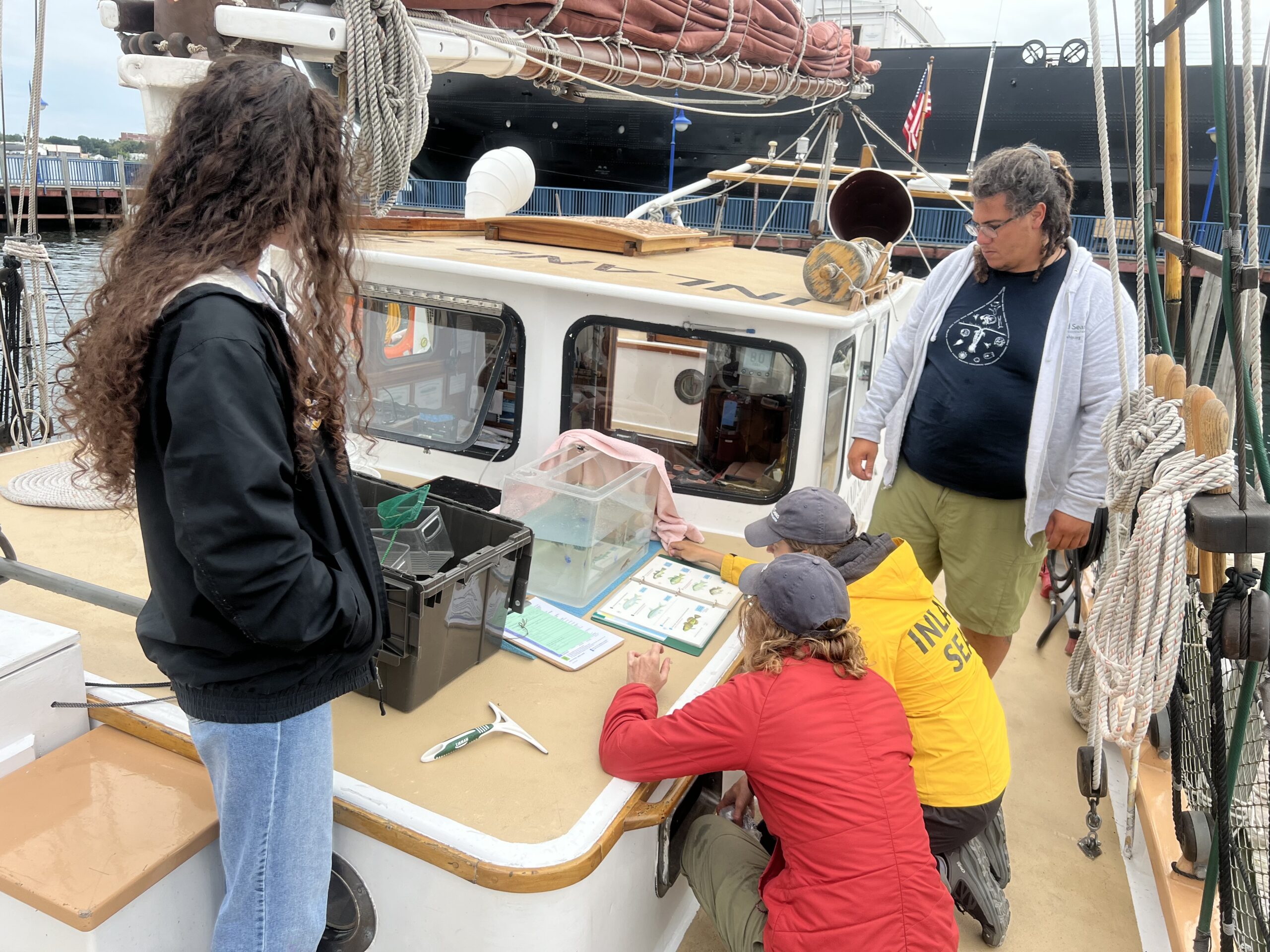Get Straight To Solving Today’s Problems With A Degree In Environmental Science

Our Environmental Science program places students on the front lines of environmental monitoring and protection in the Great Lakes watershed — one of the world’s most critical freshwater ecosystems. With direct access to environmental sensors, water and soil analysis equipment, and field-based research projects, students learn to tackle real environmental challenges. We emphasize applied environmental chemistry, ecology, and policy, preparing graduates for careers in consulting, regulatory agencies, and environmental research. Whether sampling streams for nutrient loads, assessing algal blooms, or studying contaminant transport, students leave prepared for both field and laboratory careers.

The College of Arts and Sciences maintains a full complement of modern chemical instruments. Our undergraduate students and faculty use these instruments both in their laboratory experiences and to support their research.
Launch your career protecting the environment, advancing sustainability, and solving real-world challenges. At LSSU, our Environmental Science program combines hands-on research, advanced instrumentation, and field experiences that prepare you to make an impact from day one.
With access to the Great Lakes and Upper Peninsula ecosystems as a living classroom, small class sizes, and close faculty mentorship, LSSU students gain the practical skills and professional connections that employers and graduate programs value. Nearly all graduates move directly into the workforce or advanced study, equipped to tackle today’s environmental challenges.
Average Starting Salary for Environmental Scientists
Placement Rate for Graduates Entering the Workforce